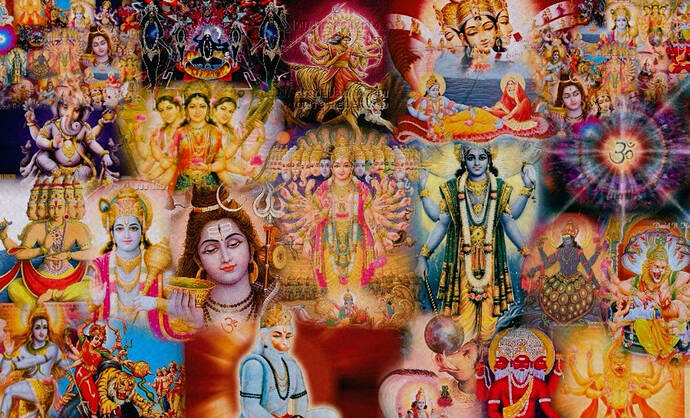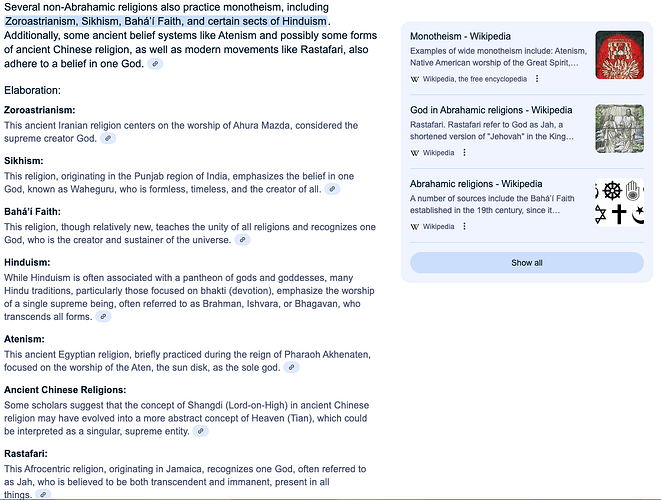Gandalf: “A wizard is never late, Frodo Baggins. Nor is he early, he arrives precisely when he means to.”
I think scripture is as good as we are going to get on this:
Galatians 4:4: But when the time had fully come, God sent his Son, born of a woman, born under the law, to redeem those who were under the law, that we might receive the adoption as sons."
Romans 5:3-6 And not only that, but we also boast in our afflictions, knowing that affliction produces endurance, 4 and endurance produces character, and character produces hope, 5 and hope does not put us to shame, because God’s love has been poured into our hearts through the Holy Spirit that has been given to us.V6 For while we were still weak, at the right time Christ died for the ungodly.
Isaiah 55:8-9 “For my thoughts are not your thoughts, neither are your ways my ways,”
declares the Lord. “As the heavens are higher than the earth, so are my ways higher than your ways and my thoughts than your thoughts.
2 Peter 3:8-9: 8 But do not forget this one thing, dear friends: With the Lord a day is like a thousand years, and a thousand years are like a day. 9 The Lord is not slow in keeping his promise, as some understand slowness. Instead he is patient with you, not wanting anyone to perish, but everyone to come to repentance.
Psalm 90:1-4: Lord, you have been our dwelling place throughout all generations. 2 Before the mountains were born or you brought forth the whole world, from everlasting to everlasting you are God. 3 You turn people back to dust saying, “Return to dust, you mortals.” 4 A thousand years in your sight are like a day that has just gone by, or like a watch in the night.
God’s timetable doesn’t have to line up with our timetable. God revealed Himself when and how He deemed fit. I suppose we also only know about whatever revelations God wants us to.

